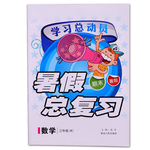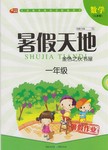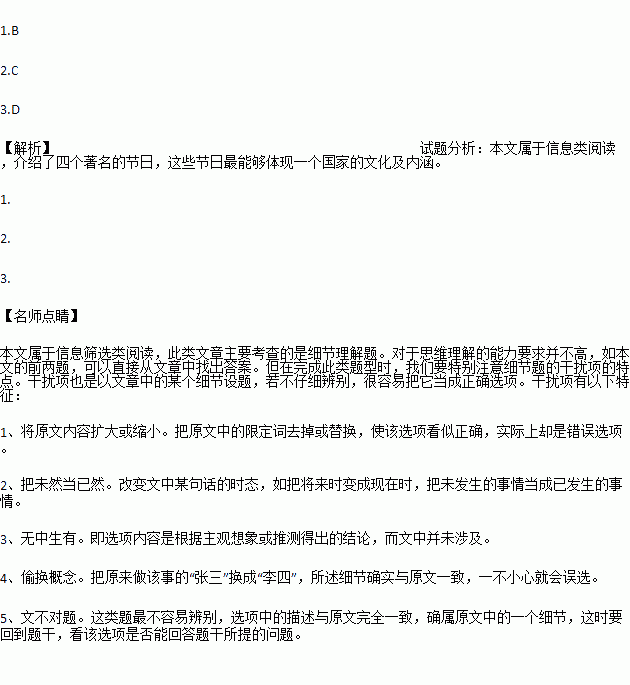题目内容
I can’t think of a better way of appreciating a new culture than by taking part in one of its festivals. You’ll find that some festivals are celebrated by an entire country, while others may be known only to a single city or region, but either way festivals play an important role in a certain culture. Just enjoy them!
★ Tomatina — Bunol, Spain
Every last Wednesday in August, the town of Bunol is filled with tons of tomatoes in the world’s biggest food flight. Many people wear goggles (护目镜) during this hour of great fun, as the town becomes a red river.
★ Boryeong Mud Festival — Boryeong, South Korea
For two weeks in July, millions gather in Boryeong to experience the grey pools and slides. What began as a way to help sell the region’s mineral-rich mud has turned into a festive party with music and fireworks. The mud is usually only available in cosmetic products (化妆品), but here you can cake yourself in grey as you want.
★ Holi — India
Holi, the Festival of Colors, is a Hindu celebration full of joy and one of India’s most important holidays. During the day of the last full moon of the lunar month, usually late February or early March, the air is full of brightly colored powder (粉末). The festival is celebrated differently throughout the country, with bonfires and music, but the cheerful spirit is common among Hindu people around the world.
★ International Pillow Fight Day — Worldwide
Tens of thousands of people took part in the 4th annual International Pillow Fight Day on April 2, 2013. From London to Vancouver to many other cities, the festival is held in more than 100 countries. So just bring a soft pillow in early April, and watch feathers fly.
1.According to the author, _______________.
A. there should be festivals celebrated by the whole world
B. festivals give people the best chances to experience a culture
C. it’s usually hard for people to accept a different culture
D. festivals in a certain culture often change with time
2.We learn from the passage that _______________.
A. the town of Bunol in Spain is on a river
B. cosmetic products sell well on Boryeong Mud Festival
C. International Pillow Fight Day has a short history
D. Holi is the greatest festival for Indian people
3.The passage is most likely to be found in __________.
A. a personal diary
B. a technical report
C. a geography book
D. a travel magazine
 学期复习一本通学习总动员期末加暑假延边人民出版社系列答案
学期复习一本通学习总动员期末加暑假延边人民出版社系列答案 芒果教辅暑假天地重庆出版社系列答案
芒果教辅暑假天地重庆出版社系列答案
Self-driving Capabilities Sensor and camera-equipped models from Audi and Volkswagen, among others, don’t just automatically brake to prevent minor accidents; they can actually navigate(行驶)around highway traffic and into garages without a human at the wheel. |
Attractive Dashboards In addition to Ford’s new Sync system, which better understands voice commands, Apple and Google have partnered with automakers to create interfaces(界面)as user-friendly as the ones on your smartphone. |
Smarter Headlights Audi’s and BMW’s ultra-bright laser headlights can detect oncoming cars and dim slightly to avoid disturbing their drivers. One problem: they’re not yet legal in the U.S. |
Self-parking Skills The new model of BMW’s all-electric can find its own spot in a parking lot, then send signals via a smart-watch app to contact its drivers. |
1.In terms of Self-driving Capabilities, what makes Audi and Volkswagen stand out?
A. Braking when sensing red lights.
B. Going into garages without a driver.
C. Stopping other cars on highway.
D. Taking photos with a camera.
2.Which of the cars can adjust the headlights in order not to upset drivers in oncoming cars?
A. Ford and Volkswagen. B. Audi and BMW.
C. Audi and Volkswagen. D. BMW and Ford.
3.In which section of a car magazine does the article most probably appear?
A. First Drive. B. Cars For Rent.
C. Instrumental Tests. D. Smart Tech.


 re shown. However, the paintings that made him famous after his death did little for him when he was alive.
re shown. However, the paintings that made him famous after his death did little for him when he was alive. rass is green, and crows are black. But the colors are used in such a way that it looks better than a photograph.
rass is green, and crows are black. But the colors are used in such a way that it looks better than a photograph. d, as long as it was nice to their taste, they ______ hesitated (犹豫) to use their hands to “help themselves” until all was finished.
d, as long as it was nice to their taste, they ______ hesitated (犹豫) to use their hands to “help themselves” until all was finished. simple B. a new C. the same D. their
simple B. a new C. the same D. their


